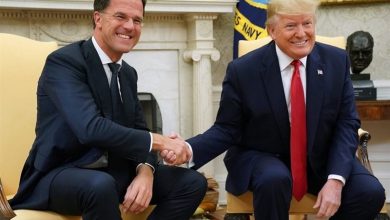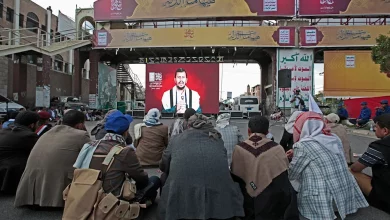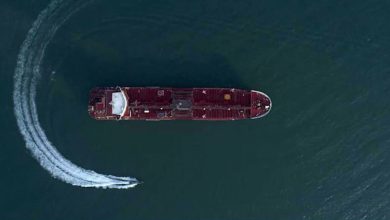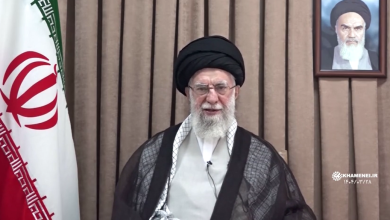Iran to unveil new radioactive drugs
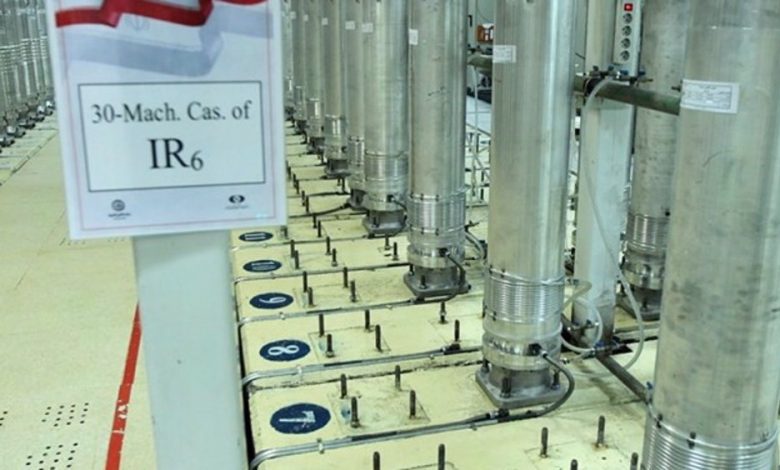
Iran is to unveil new achievements in the field of radiopharmacology as part of an exhibition that would mark the upcoming National Nuclear Technology Day.
Ali-Akbar Salehi, head of the Atomic Energy Organization of Iran (AEOI), announced the prospect in remarks to reporters on the sidelines of a government meeting in Tehran on Wednesday.
The occasion will be marked on Saturday, when as many as 133 achievements are to be displayed at the exhibition in the presence of President Hassan Rouhani, Salehi said.
The exhibits include around seven new items, most important among which are a number of radioactive drugs that would be unveiled by the chief executive himself, the nuclear official said.
The official hailed that the AEOI provided the medicines that were required by around one million patients suffering from refractory diseases around the country.
The organization, he said, was producing new drugs in the field of radiopharmacology every year. It has, for instance, made great strides in cooperation with a number of universities towards producing a medicine that could cure prostate cancer.
According to Salehi, more advancements were to be unveiled later in the year such as an ion therapy center in the northern Iranian province of Alborz that could be used for treatment of refractory diseases, especially cancer.
Upon inauguration, the facility would be the sixth of its type across the world and the only center to provide such services in West Asia, the official stated.
Two more nuclear power plants were also under construction in the country’s southern Bushehr Province in cooperation with Russia, Salehi noted.
Iran’s nuclear progress never to slow down, stop
The official vowed that the pace of the Islamic Republic’s progress in the field of peaceful nuclear technology was never to either slow down or stop.
Iran’s participation in the 2015 nuclear deal with world powers was not going to affect the advancement, he asserted.
“We have pledged [to keep up the progress],” he said, noting how American and European officials, themselves, had acknowledged Iran’s attainments in the field.
He went on to cite several instances of huge progress in various areas both before and after Iran entered the deal that is officially known as the Joint Comprehensive Plan of Action (JCPOA).
The United States left the JCPOA in 2018 and returned its sanctions against Iran, forcing the Islamic Republic to initiate gradual nuclear countermeasures.
Salehi said Iran had taken the volume of its enriched uranium stockpile to five tons since before the agreement was reached.
The volume of the uranium that has been enriched at 20-percent-level purity now amounted to 57 kilograms (125 lbs), the AEOI head said, announcing that the volume was to reach 120 kilograms in a year.
The Islamic Republic resumed enriching uranium at such purity level as part of the nuclear counteractions.
The nuclear chief added that the average annual production rate for the yellowcake — a type of uranium condensate powder — stood at 4 to 5 tons before the JCPOA, but had currently reached 35 tons.
The country’s enrichment capacity had also shot up from 13,000 SWUs or separative work units — the amount of effort that is required to separate uranium isotopes during an enrichment process — before the JCPOA to 16,500 now. Before the nuclear deal, the Islamic Republic had only its IR-1-type centrifuges to use towards enrichment, while it currently has 15 new types of the devices at its disposal.
Salehi also commented on the potential of Iran’s reversing its nuclear reprisal if the US removed the sanctions as has been required by the Islamic Republic. Tehran has insisted that it would only retrace the measures once Washington lifted all of the sanctions in a verifiable manner.
“Our position is principled and tenable. We have not asked for much. It is the US that has left the deal. [If] it wants to return, it has obligations that it should meet,” Salehi said.
Should Washington lift the sanctions, Iran could roll back some of its measures instantly such as the 20-percent-level enrichment. Some other measures, however, take time to be reversed such as removal of the additional centrifuges, he concluded.

